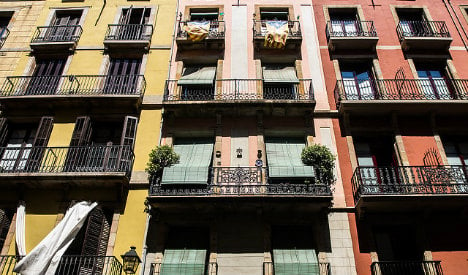Spain’s National Police and Guardia Civil have busted a gang that was scamming tourists with fake holiday rental adverts in Barcelona.
Police arrested 24 people in Barcelona, Tarragona, Madrid and Murcia in the operation, while the head of the gang was arrested in Belgium.
The gang operated 237 scams, according to police, which involved publishing fake adverts for holiday rental apartments on various websites and asking for a sum of money to reserve the apartment.
The bust is the fruit of a two-year long operation.
Barcelona has been struggling with an increasing tide of tourists over the last few years. As the Catalan capital has cemented itself as the third most visited European destination after Paris and London, so more and more scammers have decided to try their luck in fleecing tourists.
The city’s left-wing mayor, Ada Colau, suspended new licenses for tourist rentals in July 2015 while city hall conducted an “in-depth analysis” of the sector.



 Please whitelist us to continue reading.
Please whitelist us to continue reading.
Member comments